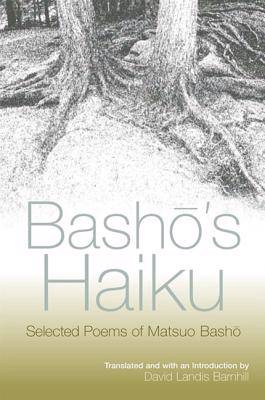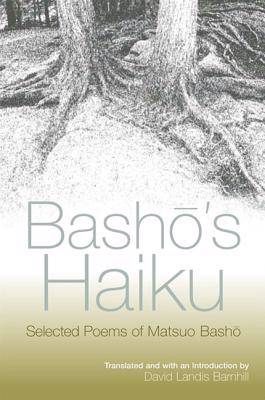
- Retrait gratuit dans votre magasin Club
- 7.000.000 titres dans notre catalogue
- Payer en toute sécurité
- Toujours un magasin près de chez vous
- Retrait gratuit dans votre magasin Club
- 7.000.000 titres dans notre catalogue
- Payer en toute sécurité
- Toujours un magasin près de chez vous
151,45 €
+ 302 points
Format
Description
Basho's Haiku offers the most comprehensive translation yet of the poetry of Japanese writer Matsuo Basho (1644-1694), who is credited with perfecting and popularizing the haiku form of poetry. One of the most widely read Japanese writers, both within his own country and worldwide, Basho is especially beloved by those who appreciate nature and those who practice Zen Buddhism. Born into the samurai class, Basho rejected that world after the death of his master and became a wandering poet and teacher. During his travels across Japan, he became a lay Zen monk and studied history and classical poetry. His poems contained a mystical quality and expressed universal themes through simple images from the natural world. David Landis Barnhill's brilliant book strives for literal translations of Basho's work, arranged chronologically in order to show Basho's development as a writer. Avoiding wordy and explanatory translations, Barnhill captures the brevity and vitality of the original Japanese, letting the images suggest the depth of meaning involved. Barnhill also presents an overview of haiku poetry and analyzes the significance of nature in this literary form, while suggesting the importance of Basho to contemporary American literature and environmental thought.
Spécifications
Parties prenantes
- Auteur(s) :
- Editeur:
Contenu
- Nombre de pages :
- 346
- Langue:
- Anglais
Caractéristiques
- EAN:
- 9780791461655
- Date de parution :
- 24-08-04
- Format:
- Livre relié
- Format numérique:
- Genaaid
- Dimensions :
- 146 mm x 223 mm
- Poids :
- 517 g







